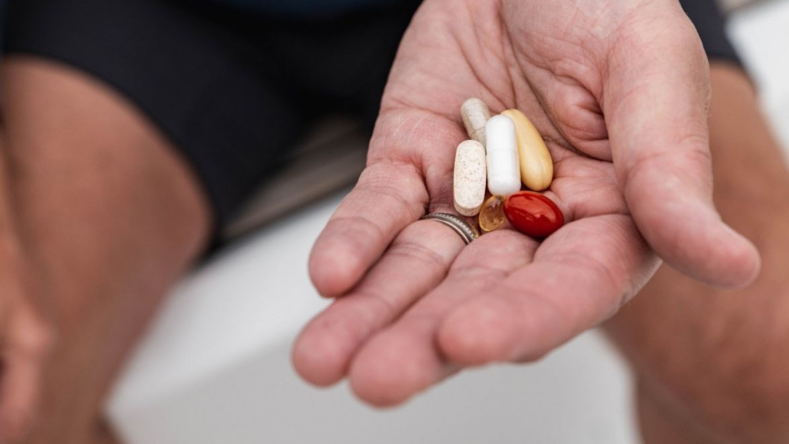Do supplements work?
This question is about Nutrition
Yes, supplements can work, however, not all supplements are created equal. Furthermore, supplements are not a replacement for consuming a nutrient-dense diet.
Research has shown that supplementation may have significant benefits for specific groups and indications [ 2 3 4
To maximize the effectiveness of your supplements, look for a personalized supplement service, underpinned by science, that conducts third-party testing on their product (e.g. Elo!).
At Elo, our Smart Supplement service marries at-home biomarker testing, the latest nutrition research, expert 1:1 coaching to provide exactly the right supplements for you at the right dose.
Learn more about joining Elo
here
.

People also ask:
References:
U.S. Department of Health and Human Services. (2020, September 3). Office of dietary supplements - dietary supplements: What you need to know. NIH Office of Dietary Supplements.
https://ods.od.nih.gov/factsheets/WYNTK-Consumer/
.U.S. Department of Health and Human Services. (2019, January). Using dietary supplements wisely. National Center for Complementary and Integrative Health.
https://www.nccih.nih.gov/health/using-dietary-supplements-wisely
.Baziar, N., Nasli-Esfahani, E., Djafarian, K., Qorbani, M., Hedayati, M., Mishani, M. A., Faghfoori, Z., Ahmaripour, N., & Hosseini, S. (2020). The beneficial effects of Alpha Lipoic acid supplementation On Lp-pla2 mass and its distribution between HDL and apob-containing Lipoproteins in type 2 Diabetic patients: A randomized, double-blind, placebo-controlled trial. Oxidative Medicine and Cellular Longevity, 1–13.
https://doi.org/10.1155/2020/5850865
Hemilä, H., & Chalker, E. (2013). Vitamin C for preventing and treating the common cold. The Cochrane database of systematic reviews.
https://doi.org/10.1002/14651858.CD000980.pub4
